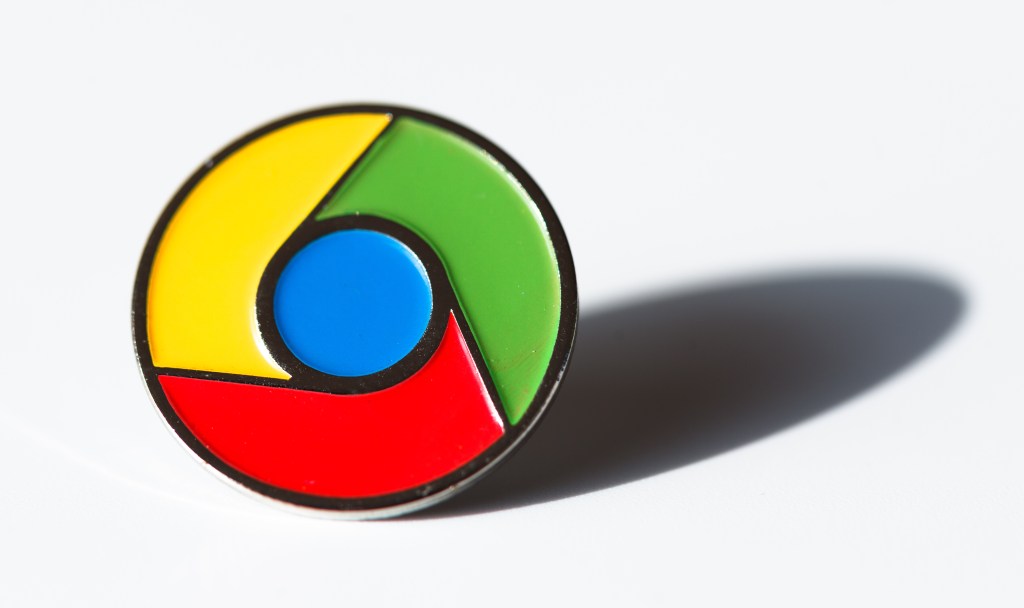For some time, Google has been developing technology to reduce data consumption on mobile devices. Last January, the company officially introduced an optional data compression feature into its Chrome mobile browser, allowing users to reduce their data usage by up to 50%. Now Google has improved upon this earlier release with an update to the Data Saver feature in the Chrome Android browser which can now save users up to 70% of their data usage.
How does it do this?
According to Google’s blog post about the update, the Data Saver mode will now remove most images when loading a web page when it detects you’re on a slower connection. Then, after the page loads, you can tap show all the images or just those you want to see. In other words, you’re more in control over which items get downloaded, and therefore, eat into your mobile data usage.
For a lot of web content, loading the images isn’t always necessary – as with news articles, for instance. You can get the text of the story without needing to see the accompanying graphics.

Google’s Data Saver mode, in case you’re unfamiliar, first rolled out into beta on Android in March 2013 through the Chrome Beta for Android application, and then later expanded to iOS that fall. Essentially a Google proxy, Data Saver routes web requests through Google’s servers where the company’s PageSpeed libraries compress and optimize web content. The connection between the browser and Google’s servers is also handled by the SPDY protocol for additional optimizations.
In layman’s terms, what this means is that when using your mobile browser on slower connections, web surfing is sped up over what it would be otherwise. This is practical for users in emerging markets but also those in developed regions. Over the years, web pages have been bogged down with extraneous code, advertisements, and rich media, which greatly affects pages’ load times and offers a poor experience for mobile users without a high-speed connection.
But tech companies more recently have been rolling out solutions to this problem. For instance, in iOS 9, Apple introduced support for content blockers which allow Safari users to block ads and other content that slows down the mobile web. Xiaomi partnered with browser maker Opera to bake mobile data compression technology into its own version of Android. And Opera’s own Android data-saving proxy, Opera Max, was updated this summer to help compress YouTube and Netflix videos, as well.
Google, meanwhile, offers this data compression tool, as one of its many efforts aimed at speeding up the web. That, subsequently, keeps more users web surfing (and, of course, using Google’s services and clicking on ads.)
Google’s improved compression feature is initially rolling out to Chrome users in India and Indonesia, as users in these developing regions still encounter slower speeds due to the lack of ubiquitous broadband connections. Indonesia was also the first country where Google began testing mobile-optimized web pages – that is, web surfers using Google on devices with slower connections would be presented optimized pages by default.
And Google has been working on a larger effort to accelerate the mobile web in partnership with publishers, analytics firms, and ad companies called the Accelerated Mobile Pages Project.
Other countries will get the new compression feature in the future, says Google, but it didn’t commit to a time frame beyond the “coming months.” The company also didn’t say when the feature would roll out to the iOS version of the Chrome browser, but history indicates that it will soon follow.































Comment